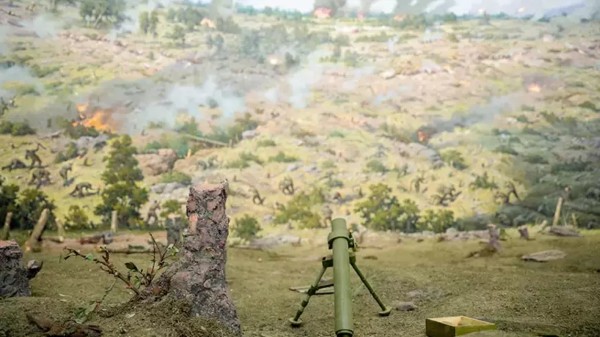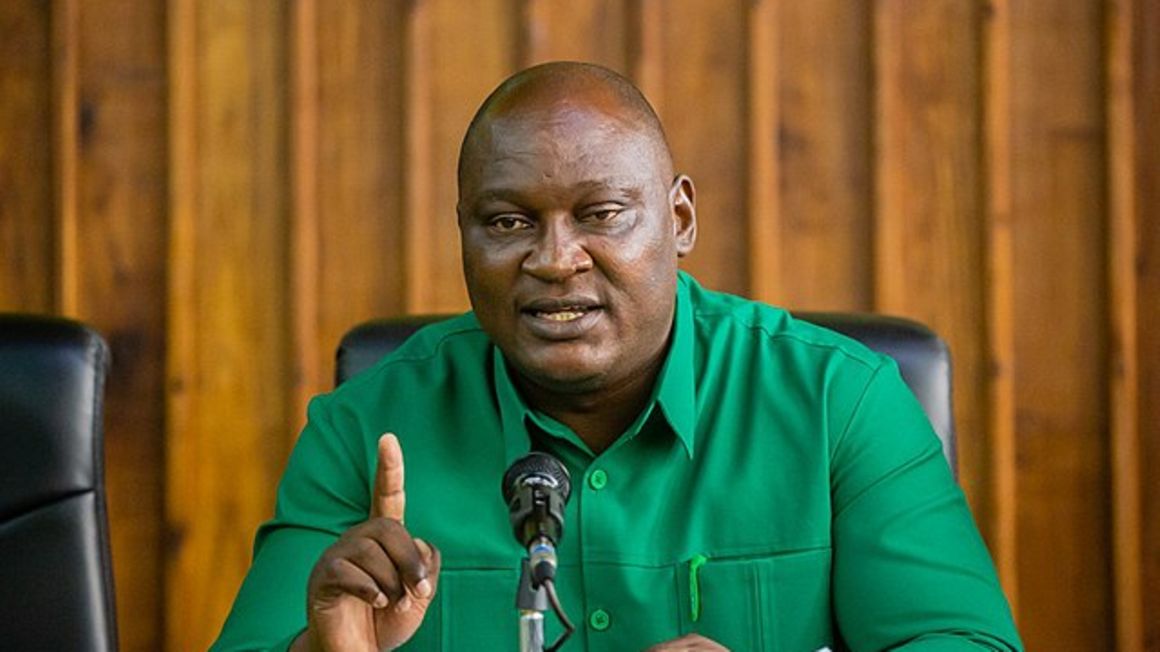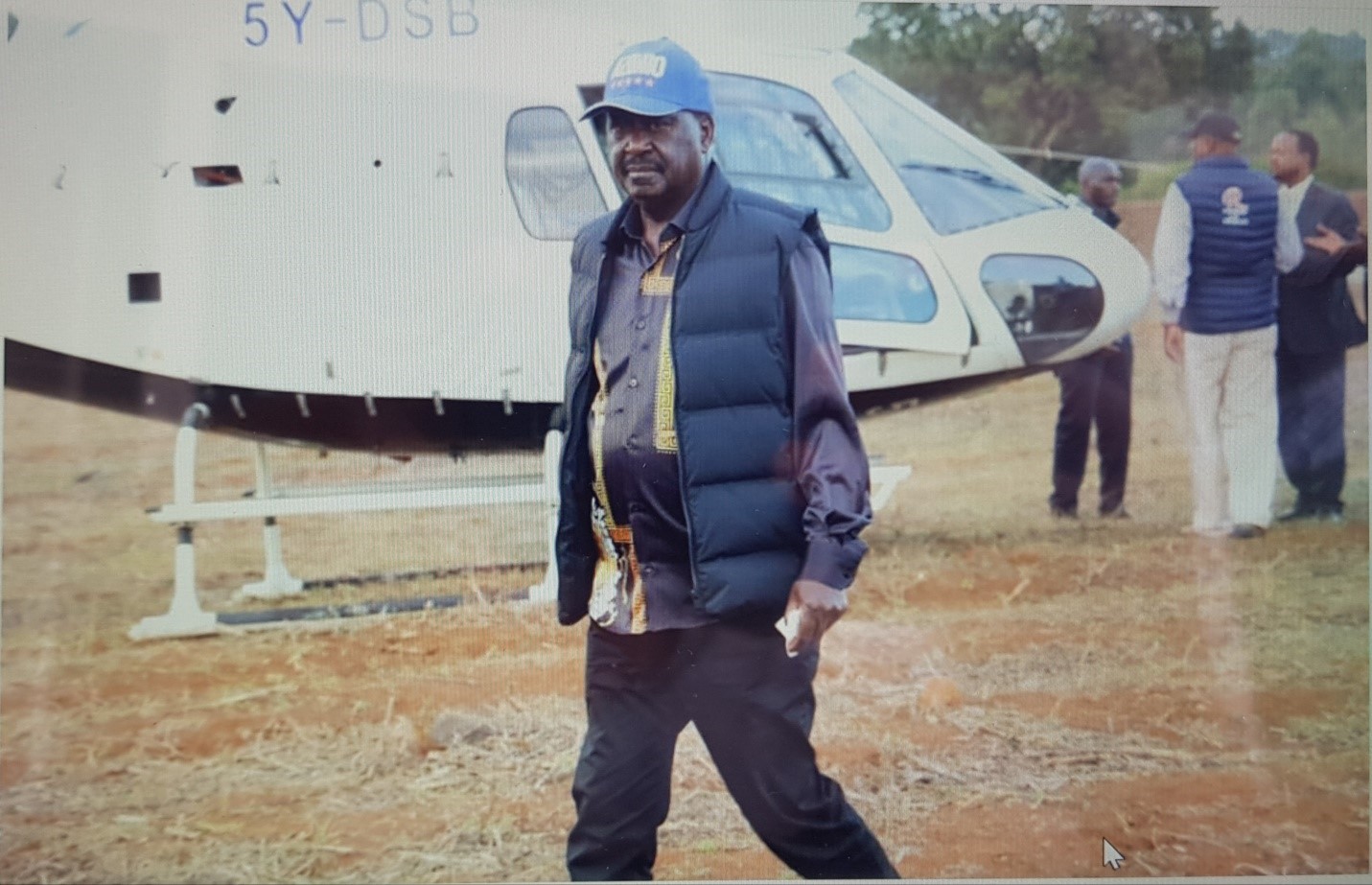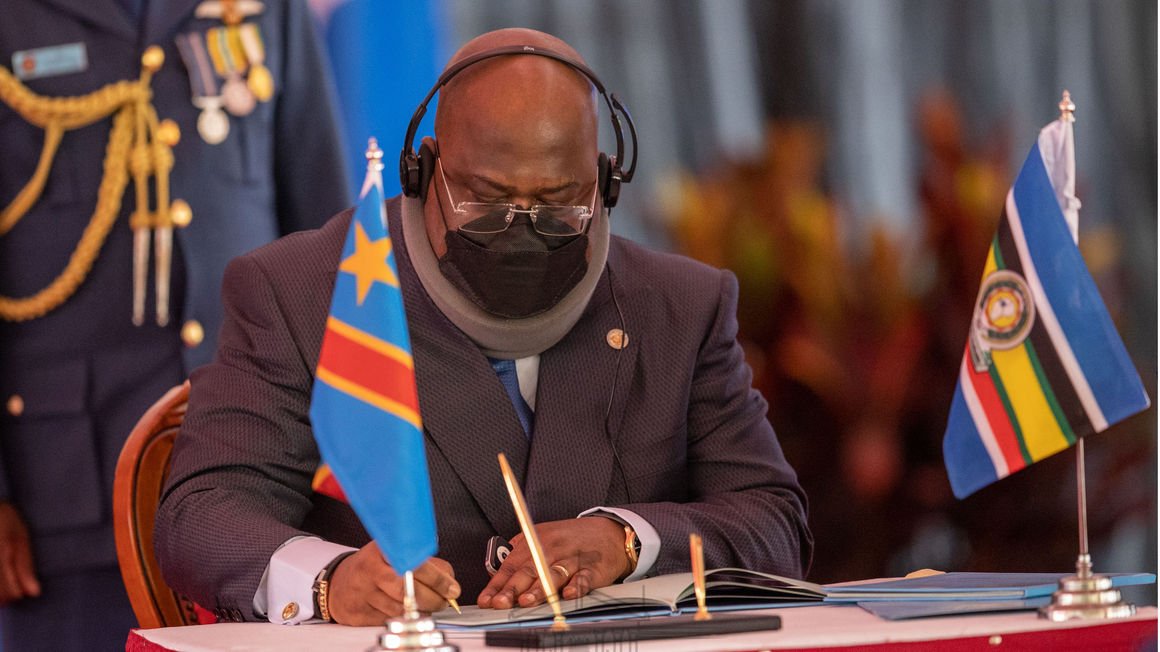Regional
S. Sudan’s Kiir says professional army source of stability
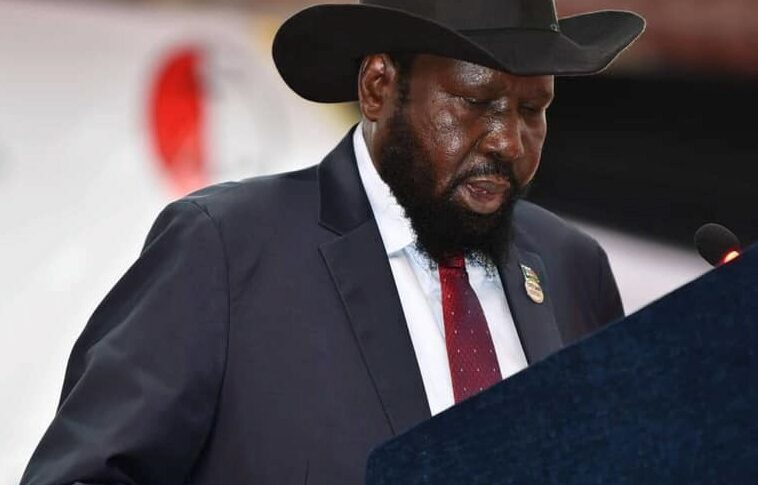
South Sudan President Salva Kiir has said professionalism in command structures of the army, police and security services is key in the stability and defence of the country’s constitution.
He made the remarks on Friday last week after receiving the list of armed opposition (SPLM/A-IO) officers nominated for the unified command structure.
“The
country has been experiencing a situation before us today because of the way
the army, police, security organs, and all the organized forces have been
politicized. Some of the leaders go into the communities and begin to talk
about representation in the army, in police, insecurity, and all these other
organs in the state institutions. It is not like that anywhere in the world”,
explained Kiir.
He added: “I want you to understand that in the coming days, there will be changes. Some of you will be reassigned and your positions assigned to others. This is what is in the agreement and we are implementing it so that we are blamed for not implementing what we signed. You should know people need peace and peace starts with you because the unity of the army is the source of stability of the country”.
Speaking at a meeting organized by the Joint Defense Board in Juba on Friday, the presidential adviser on security affairs, Tutkew Gatluak Manime expressed the government’s readiness to expedite the formation of the unified command structure.
The meeting was attended by the SPLA chief of defence forces, Gen Santino Deng Wol, SPLA-IO’s acting chief of general staff, Lt. Gen Gabriel Duop Lam and South Sudan Opposition Alliance’s representative Lt. Gen Julius Tabule Daniel.
Manime said the peace parties signed an agreement mediated by the Sudanese government to end a deadlock over the command structure of the unified forces.
The deal allocates 60% representation to Kiir’s ruling party (SPLM) and the remaining 40% to other two-armed groups with fighters to be integrated into the army.
The
deputy chief of South Sudan Peoples Defense Forces (SSPDF), Lt. Gen. Thoi Chany
Reat welcomed the latest agreement to unify the command structure.
“Allow me to inform the general public that we welcome the decision of the presidency on the unification of the command across the security institutions,” said Reat.
He added, “To my colleagues here and representatives from the SPLA-IO and SSOA, I would like to say we are looking forward to you joining us so that together we rebuild and transform our beloved country South Sudan”.
The top military official urged the mechanisms answerable to fasten the process of graduating the already trained army officers to pave way for the execution of other outstanding provisions of the agreement.
“We urge the mechanisms to speed up the process of graduation of the unified forces and to similarly spare no efforts in preparing for phase two of the necessary unified forces,” he said.
Reat urged all parties to the deal to respect the cessation of the hostilities agreement.
For his part, Tabuley who represented the South Sudan Opposition Alliance announced that screening and restructuring of ranks were already completed.
He said the Joint Transitional Security Committee was only working out some of the remaining technical issues within the camps.
“The second thing is a small technicality for the JTSC to work out the timetable which is not a big deal and then the funding”, said Tabuley.
Meanwhile, Gen. Lam said the implementation of the security arrangements with the projection to build one national army would end clashes within the camps.
“Security arrangement is the backbone of the agreement; it is very important for the parties to implement the security arrangements to unify the forces so that we move from that level to another level that one is very important, and I hope if the command comes together, we shall be moving forward mostly”, he noted.
The
three committees were in late December 2021 dispatched to the various training
centres to reorganize and unify the forces in those training centres. The process
could not proceed because of the stalemate over the power-sharing arrangement
in the unified command structure.
About 50,000 forces drawn from different parties are in the training centres. Members of the army, police, national security, prison, wildlife, and civil defence have been undergoing training.
Source:
https://sudantribune.com/


